The American empire is crumbling
How Trump is hacking away at the foundation of America's global power
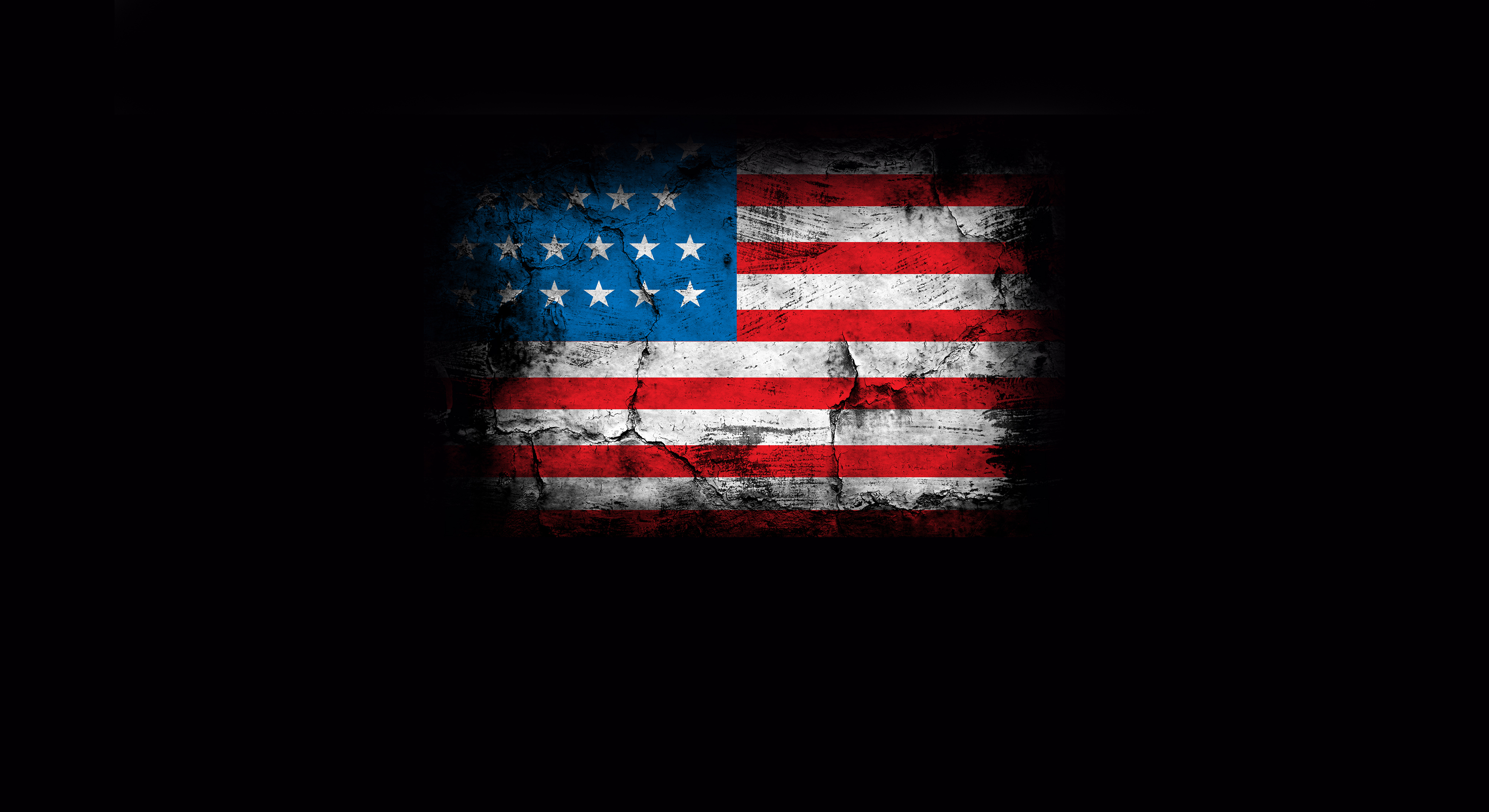

America's power and global influence have plummeted like a stone during the Trump presidency. Secretary of State Rex Tillerson recently claimed otherwise in a New York Times op-ed, but he is obviously wrong.
The American empire is crumbling.
What President Trump is destroying is a product of the postwar years. In the years after the Second World War, America constructed what amounted to a globe-spanning empire, with the active assistance of Western Europe. The immediate justification was to build a military coalition capable of countering and containing the Soviet Union and the Eastern Bloc — and an important secondary objective was setting up a solid economic system to ensure prosperity, manage trade, and avoid depression.
The Week
Escape your echo chamber. Get the facts behind the news, plus analysis from multiple perspectives.

Sign up for The Week's Free Newsletters
From our morning news briefing to a weekly Good News Newsletter, get the best of The Week delivered directly to your inbox.
From our morning news briefing to a weekly Good News Newsletter, get the best of The Week delivered directly to your inbox.
That empire carried out a slew of atrocities and war crimes — a variety of coups, pointless and failed wars, and abuse of powerless poor countries. Elsewhere, America made a cynical peace with brutal dictatorships. Africa and the Middle East especially did not fare well.
But when it came to Western Europe, the U.S., Canada, Japan, South Korea, Australia, and New Zealand, it worked out pretty well. Western Europe in particular, which was a smoking crater after the war, was rebuilt quickly under the astoundingly generous Marshall Plan. American policymakers realized that letting Europe fall to pieces in the interwar years was a disastrous error even on self-interested grounds. If democratic liberal capitalism was to survive, there was simply no alternative to setting up a functioning international system that actually provided economic and military security — for rich capitalist countries at least. Let capitalism blow itself up, and you get Hitler — but pick Europe up and put it back on its feet, and they'll have some money to buy American exports.
The American imperial framework consisted of the overwhelming strength of the U.S. military; disproportionate funding of and deep influence over the United Nations and its various sub-agencies, plus international economic institutions like the International Monetary Fund and the World Bank; the U.S. dollar as global reserve currency and U.S. Treasury bonds as key global asset; and most importantly, the mostly-accurate perception among Western powers that sheltering under the American security umbrella was a good deal.
In retrospect, the fall of the Soviet Union was a massive blow against this system. For a time it proceeded on autopilot, but the lack of any superpower counterweight enabled George W. Bush's swaggering belligerence and the abuse of minor European alliances to carry out the disastrous Iraq invasion.
A free daily email with the biggest news stories of the day – and the best features from TheWeek.com
Meanwhile, triumphal neoliberal capitalists smashed several more large cracks in the system, by destroying what remained of international financial regulation and the managed trade system and setting the stage for the kind of global financial crisis and depression not seen since 1929.
Now we have Trump, our own addle-brained, would-be dictator, and Western powers are dealing with the shocking possibility that America is best considered an enemy. In his first foreign policy tour, while cozying up to the brutal Saudi monarchy, Trump offended Western European leaders for no reason, especially Angela Merkel, who said afterwards that "[t]he era in which we could rely completely on others are gone, at least partially." Trump also badly cracked the U.K. alliance simply by impulsively retweeting a British fascist, stoking fury across the country.
Trump is also letting the State Department rot. Only 61 out of 154 positions needing Senate confirmation have been filled, and many key positions don't even have a nominee — such as the ambassador post to South Korea. The department has been hemorrhaging top-level career staff, and Trump doesn't care — "I'm the only one that matters," he said when asked about it.
The American empire was built by people who recognized that often the best way to exert power was through non-coercive means. Trump represents a different tradition — a pinched, ignorant, aggressive, insecure tradition, one that insists only military force and chest-thumping belligerence matters.
As I said above, it is worth emphasizing the horrific carnage American imperialism has wreaked in places like Guatemala, Vietnam, or Iraq. But this kind of chaotic collapse is perhaps the worst of all worlds. The likeliest non-authoritarian nations to fill some of the power vacuum are Germany and France, but they are trapped in a grotesque failure of a currency area that will sap their strength indefinitely. The real core of the U.S empire was always its decent relationship with Western countries, and so as that goes, so will the bulk of its power. But it will retain more than enough strength to completely wreck poor countries for the foreseeable future. The most obvious successor to the U.S. is China, and it's a safe bet that sort of empire will be no better than the American version — and perhaps worse in some ways.
Future presidents will have their work cut out for them just salvaging any sort of workable international system from the Trump disaster.
Ryan Cooper is a national correspondent at TheWeek.com. His work has appeared in the Washington Monthly, The New Republic, and the Washington Post.
-
 Political cartoons for November 27
Political cartoons for November 27Cartoons Thursday's political cartoons include giving thanks, speaking American, and more
-
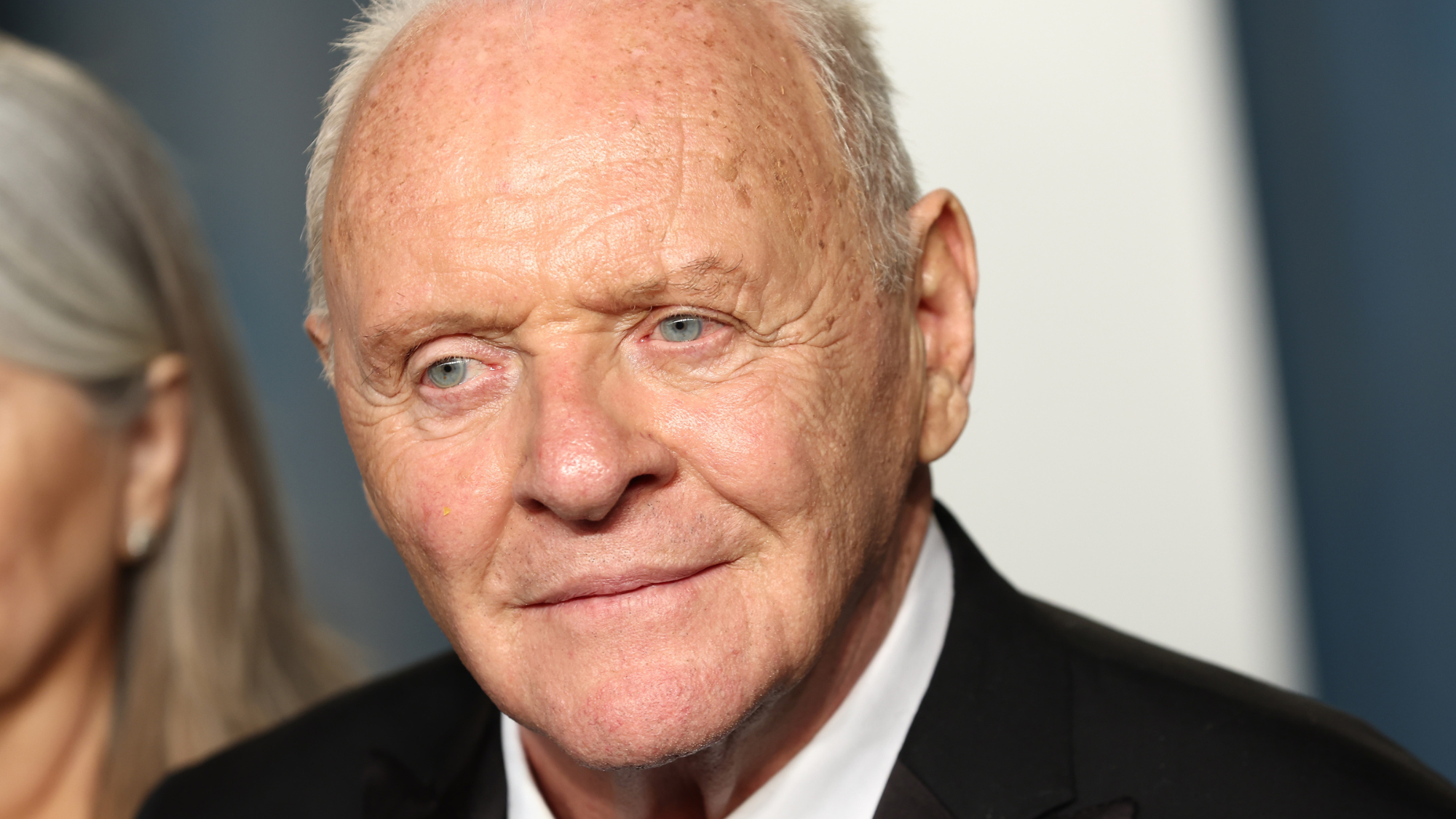 We Did OK, Kid: Anthony Hopkins’ candid memoir is a ‘page-turner’
We Did OK, Kid: Anthony Hopkins’ candid memoir is a ‘page-turner’The Week Recommends The 87-year-old recounts his journey from ‘hopeless’ student to Oscar-winning actor
-
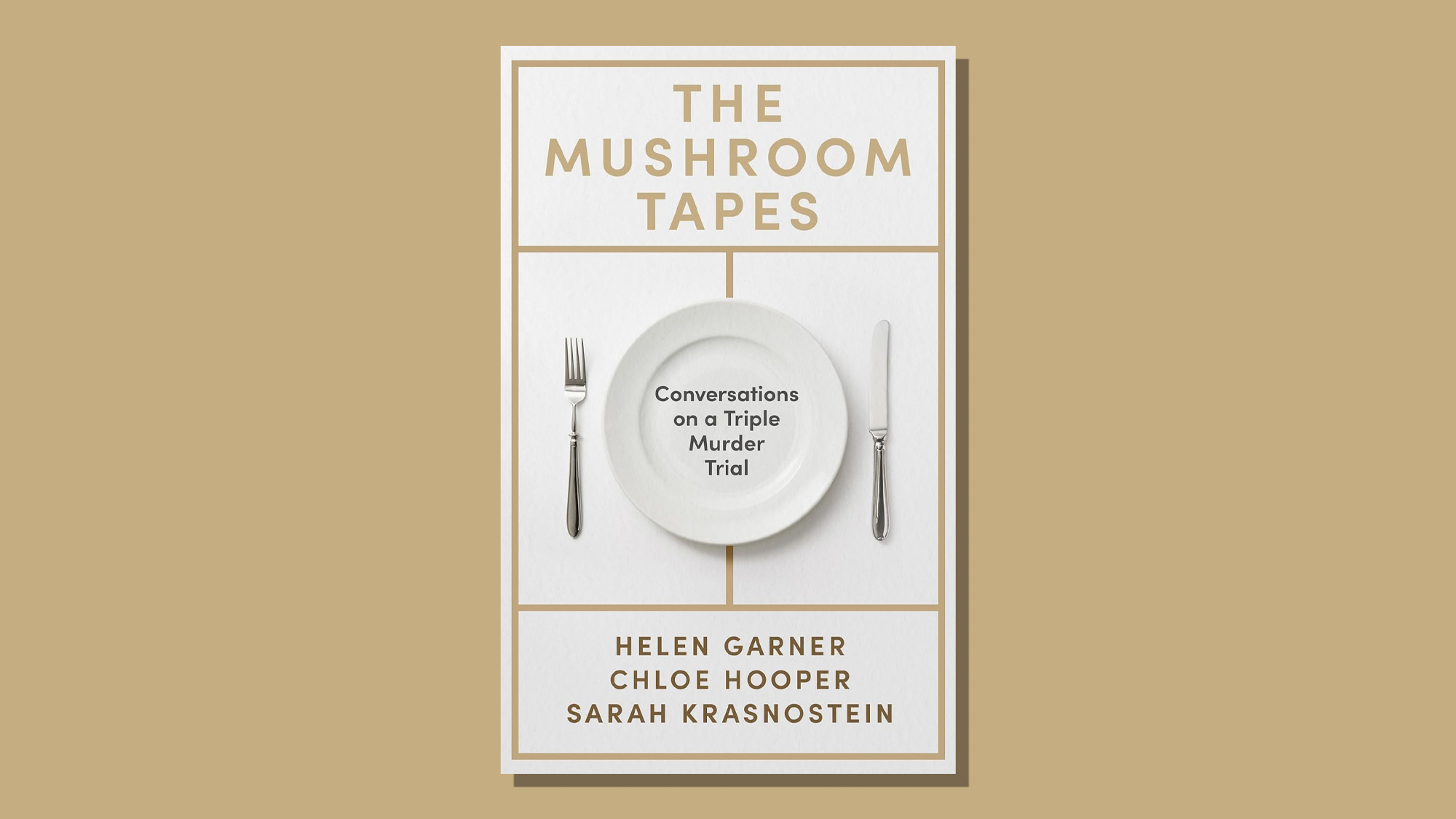 The Mushroom Tapes: a compelling deep dive into the trial that gripped Australia
The Mushroom Tapes: a compelling deep dive into the trial that gripped AustraliaThe Week Recommends Acclaimed authors team up for a ‘sensitive and insightful’ examination of what led a seemingly ordinary woman to poison four people
-
 Brazil’s Bolsonaro behind bars after appeals run out
Brazil’s Bolsonaro behind bars after appeals run outSpeed Read He will serve 27 years in prison
-
 Americans traveling abroad face renewed criticism in the Trump era
Americans traveling abroad face renewed criticism in the Trump eraThe Explainer Some of Trump’s behavior has Americans being questioned
-
 Nigeria confused by Trump invasion threat
Nigeria confused by Trump invasion threatSpeed Read Trump has claimed the country is persecuting Christians
-
 Sanae Takaichi: Japan’s Iron Lady set to be the country’s first woman prime minister
Sanae Takaichi: Japan’s Iron Lady set to be the country’s first woman prime ministerIn the Spotlight Takaichi is a member of Japan’s conservative, nationalist Liberal Democratic Party
-
 Russia is ‘helping China’ prepare for an invasion of Taiwan
Russia is ‘helping China’ prepare for an invasion of TaiwanIn the Spotlight Russia is reportedly allowing China access to military training
-
 Interpol arrests hundreds in Africa-wide sextortion crackdown
Interpol arrests hundreds in Africa-wide sextortion crackdownIN THE SPOTLIGHT A series of stings disrupts major cybercrime operations as law enforcement estimates millions in losses from schemes designed to prey on lonely users
-
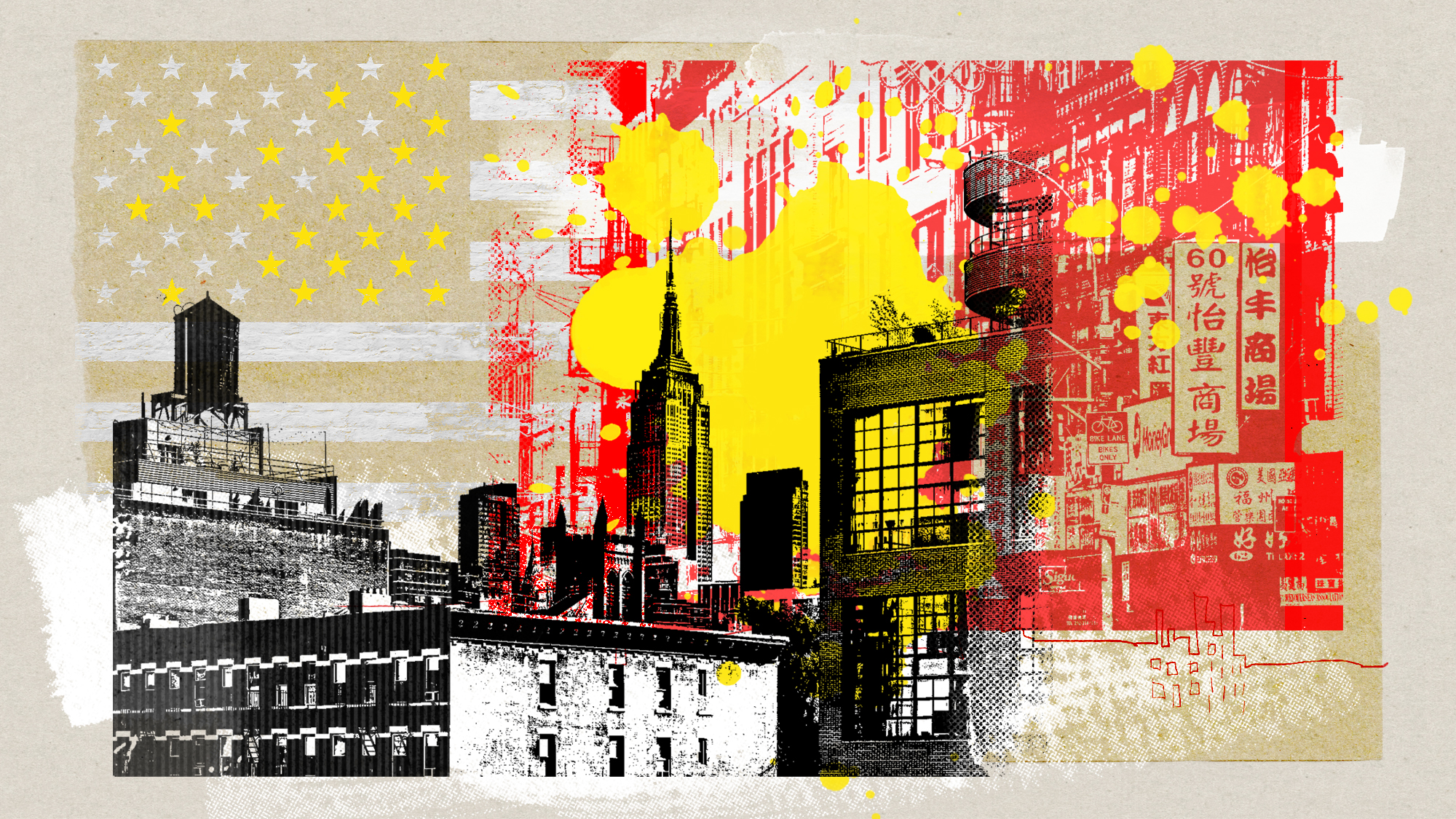 China is silently expanding its influence in American cities
China is silently expanding its influence in American citiesUnder the Radar New York City and San Francisco, among others, have reportedly been targeted
-
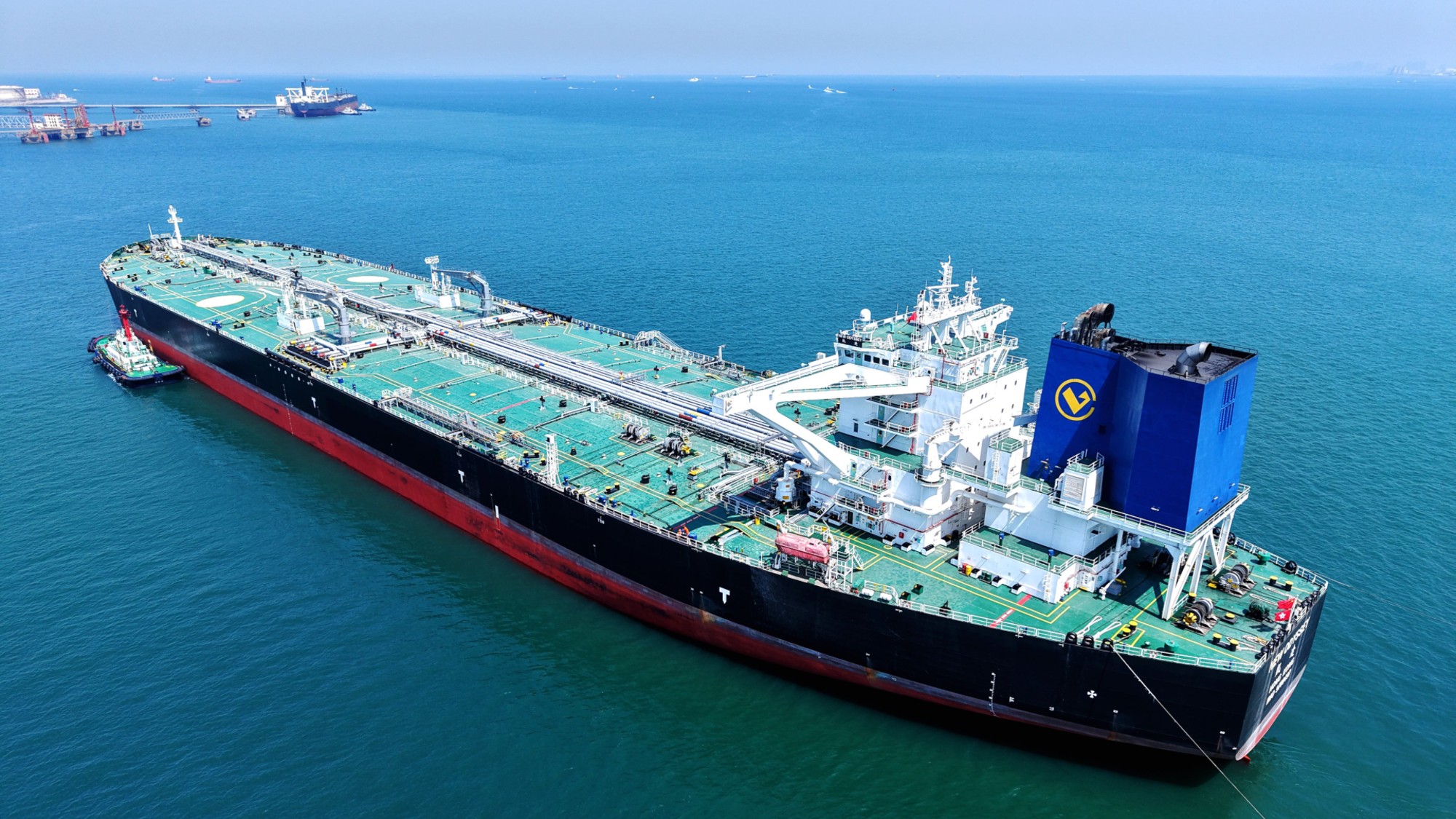 How China uses 'dark fleets' to circumvent trade sanctions
How China uses 'dark fleets' to circumvent trade sanctionsThe Explainer The fleets are used to smuggle goods like oil and fish
